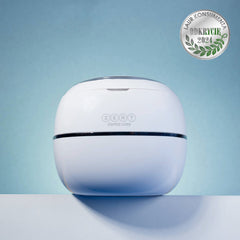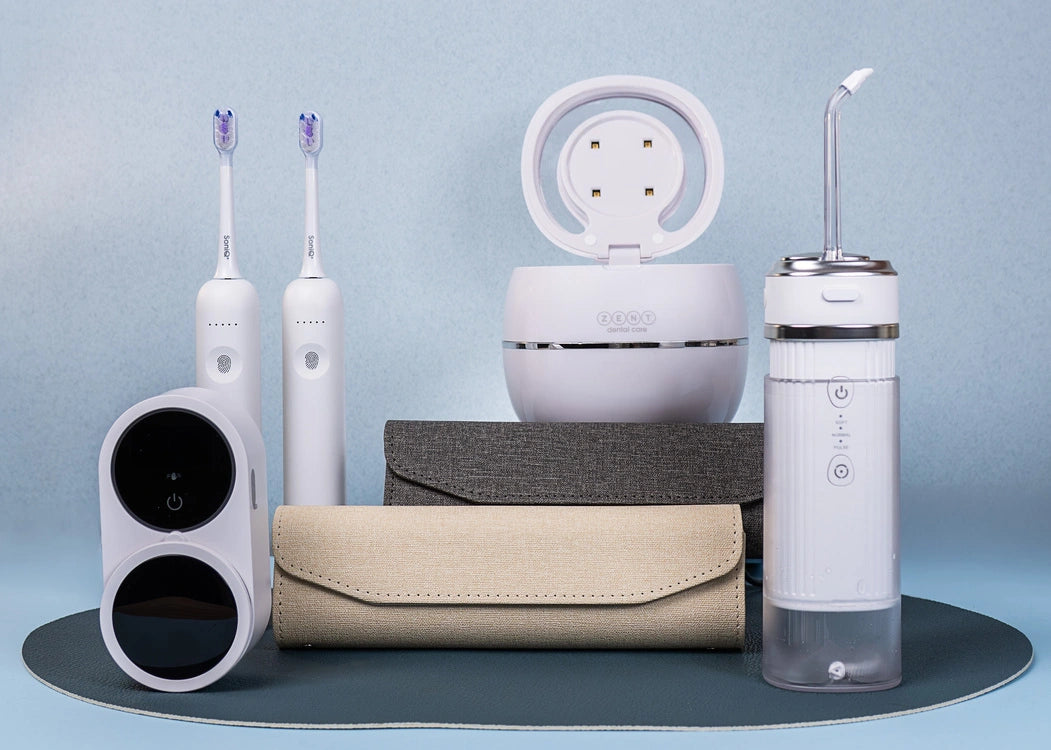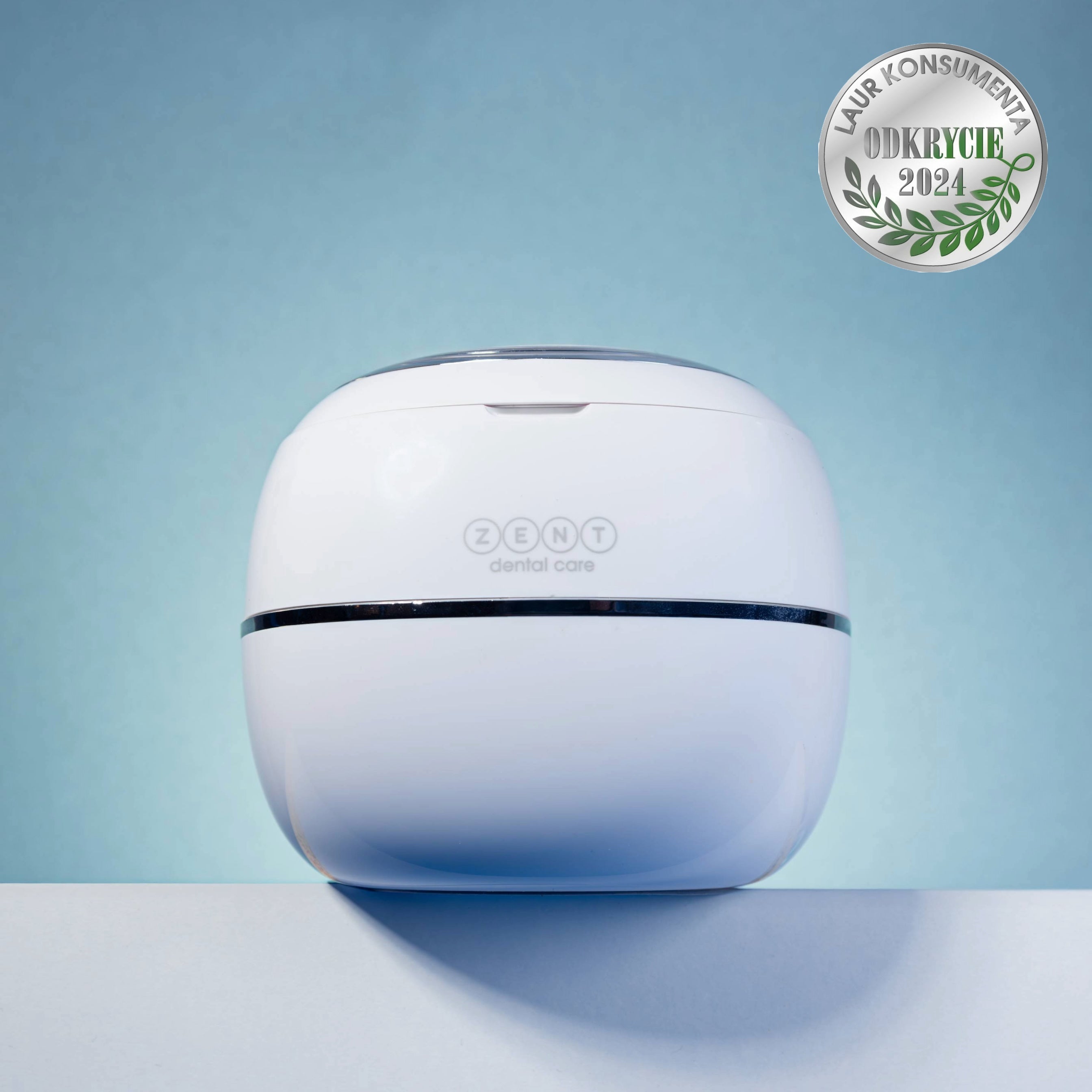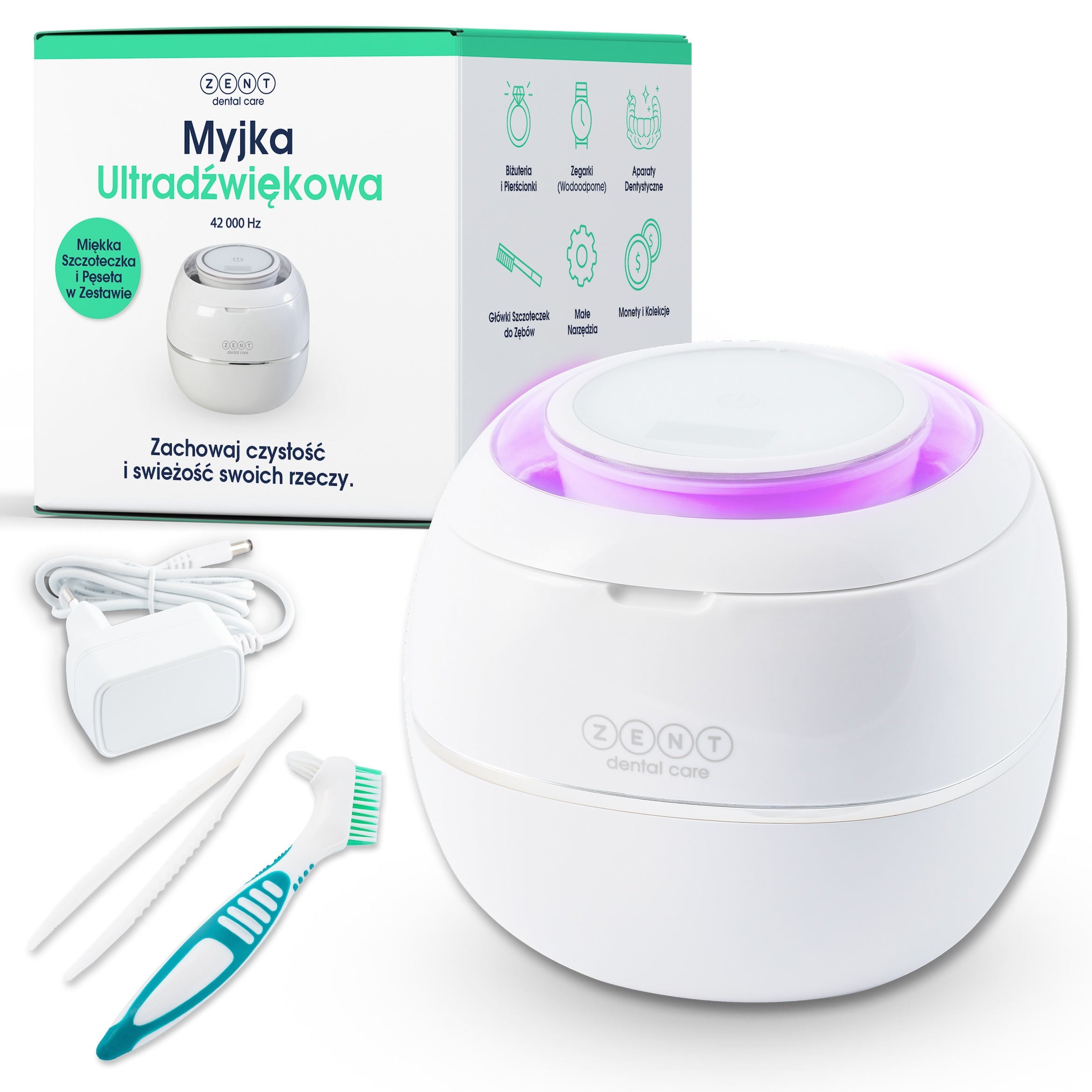1. Studies indicate that irrigators can remove plaque more effectively, with one study showing 20-30% higher efficacy compared to dental floss (Wang et al.; Batool et al.).
https://www.semanticscholar.org/paper/Efficient-Removal-of-Dental-Plaque-Biofilm-from-via-Wang-Gao/761508e297ab02c65bb1da651053f377149cac93?utm_source=consensus
https://www.semanticscholar.org/paper/Plaque-Removal-Efficacy-of-Dental-floss-Compare-to-Batool-Rasheed/96134ae4153cfa51f6b5e2a10fbdbf27a4f688e5?utm_source=consensus
2. Irrigators significantly reduce gum inflammation and bleeding. They have proven more effective than manual brushing alone in improving gum health, reducing bleeding on probing, and lowering gingivitis indices (Mancinelli-Lyle et al.; Goyal et al. 81-86).
https://www.semanticscholar.org/paper/Plaque-Removal-Efficacy-of-Dental-floss-Compare-to-Batool-Rasheed/96134ae4153cfa51f6b5e2a10fbdbf27a4f688e5?utm_source=consensus
3. Unlike traditional dental floss, irrigators can reach deeper into periodontal pockets, cleaning areas that are usually inaccessible. This is particularly beneficial in managing periodontal diseases (Sarkisova; Altalhi et al.).
https://www.semanticscholar.org/paper/Plaque-Removal-Efficacy-of-Dental-floss-Compare-to-Batool-Rasheed/96134ae4153cfa51f6b5e2a10fbdbf27a4f688e5?utm_source=consensus
4. For people wearing orthodontic appliances, irrigators are especially useful. They help reduce plaque and bleeding, making them a valuable tool in maintaining oral hygiene during orthodontic treatment (Maslamani et al.; ElShiekh et al.).
https://www.semanticscholar.org/paper/Efficacy-of-water-flossing-on-clinical-parameters-A-Mancinelli-Lyle-Qaqish/2db3515127f9842abfc33a2b7609e23658d043a8?utm_source=consensus



































































































